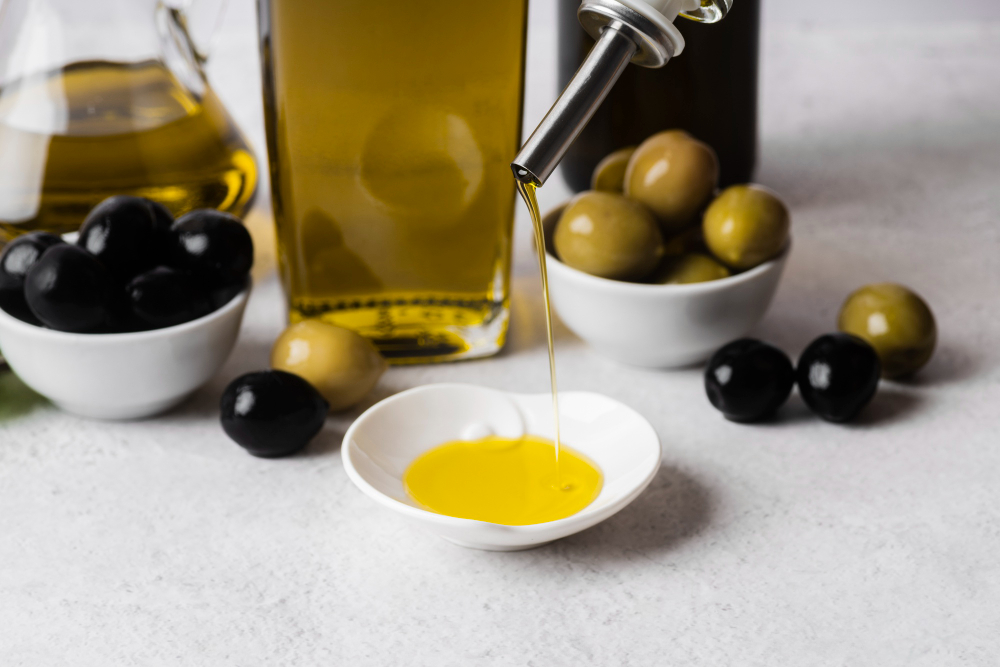Introduction
Olive oil has a rich history that dates back thousands of years, and high phenolic olive oil is no exception. In this article, we will explore the history and cultural significance of high phenolic olive oil.
The Origins of Olive Oil
The origins of olive oil can be traced back to ancient civilizations in the Mediterranean region, where olives were cultivated for their oil. The first recorded use of olive oil was in ancient Greece, where it was used for cooking, lighting, and medicinal purposes.
The Cultural Significance of Olive Oil
Olive oil has been an important part of Mediterranean culture for centuries. It is used in traditional dishes such as Greek salad, Italian pasta, and Spanish gazpacho. It is also used in religious ceremonies, such as the anointing of kings and queens in ancient times.
High Phenolic Olive Oil in Modern Times
While olive oil has been used for centuries, high phenolic olive oil is a relatively new development. The discovery of the health benefits of polyphenols in olive oil has led to the production of high phenolic olive oil, which is now gaining popularity among health-conscious consumers.
The Future of High Phenolic Olive Oil
As more research is conducted on the health benefits of high phenolic olive oil, its popularity is likely to continue to grow. This will lead to an increase in demand for high-quality, authentic high phenolic olive oil, which will help to support olive farmers and producers.
Conclusion
High phenolic olive oil has a rich history and cultural significance that dates back thousands of years. Its health benefits and unique flavor make it a valuable ingredient in the kitchen and a popular choice among health-conscious consumers. By understanding the history and cultural significance of high phenolic olive oil, we can appreciate its importance and continue to support its production and consumption.




